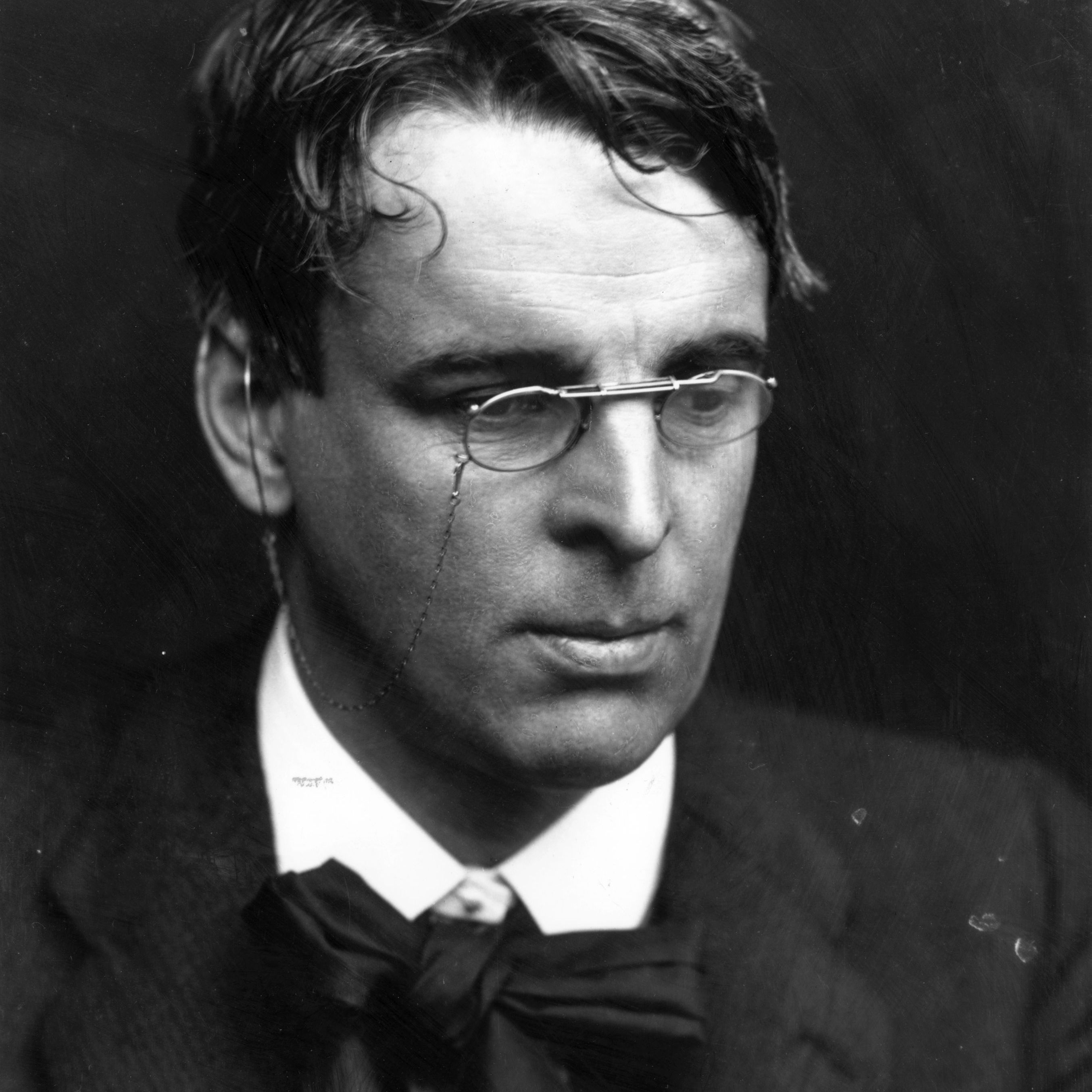Turning and turning in the widening gyre
The falcon cannot hear the falconer;
Things fall apart; the centre cannot hold;
Mere anarchy is loosed upon the world,
The blood-dimmed tide is loosed, and everywhere
The ceremony of innocence is drowned;
The best lack all conviction, while the worst
Are full of passionate intensity.
Surely some revelation is at hand;
Surely the Second Coming is at hand.
The Second Coming! Hardly are those words out
When a vast image out of Spiritus Mundi
Troubles my sight: somewhere in sands of the desert
A shape with lion body and the head of a man,
A gaze blank and pitiless as the sun,
Is moving its slow thighs, while all about it
Reel shadows of the indignant desert birds.
The darkness drops again; but now I know
That twenty centuries of stony sleep
Were vexed to nightmare by a rocking cradle,
And what rough beast, its hour come round at last,
Slouches towards Bethlehem to be born?
Published:
1920
Length:
Regular
Literary Movements:
Romanticism
Anthology Years:
2022
Themes:
Doubt & Fear
Faith & Hope
Violence & War
Literary Devices:
Allusion
an expression designed to call something to mind without mentioning it explicitly; an indirect or passing reference
Anaphora
a figure of speech in which words repeat at the beginning of successive clauses, phrases, or sentences
Repetition
a recurrence of the same word or phrase two or more times
Rhetorical Question
a question asked for effect, not necessarily to be answered
Slant Rhyme
A rhyme where the words have similar sounds in their stressed syllables.

